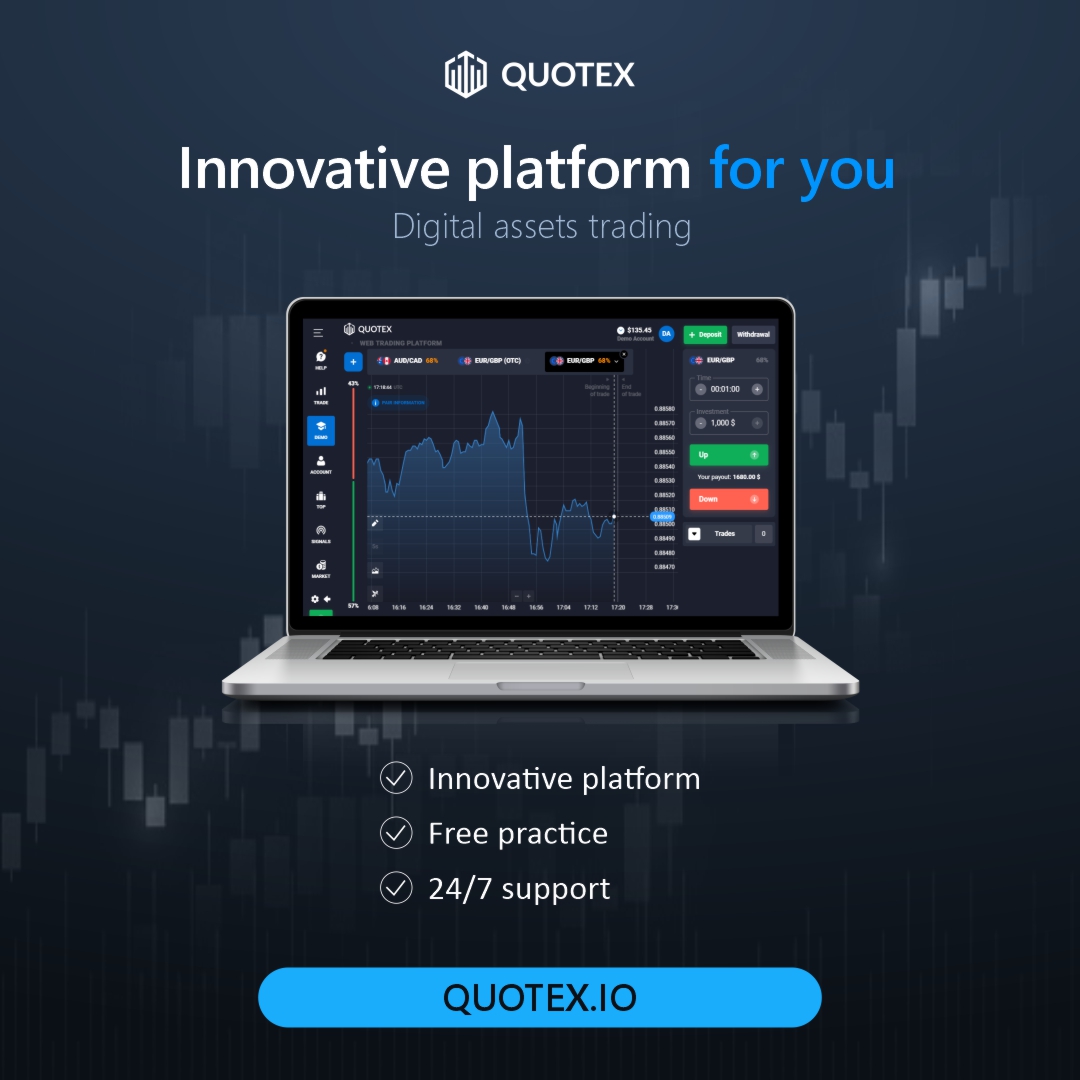President Donald Trump said Sunday night that he will sign an executive order on Monday to reduce the cost of prescribed medications in the United States, shaking a powerful industry and shaking stock markets in Asia.
Post Social truthThe president promised that the order, which is due to 9 am in Washington on May 13, would reduce prices “almost immediately 30 percent to 80 percent.” He said the policy would create a “most favored nation” rule for the United States to never pay more than the country obtains the lowest price for the same medicine.
A similar idea stagnated during Trump’s first mandate after a fierce rejection of drug manufacturers. This time he said he is ready to face them. “Campaign’s contributions can do wonders, but not with me, and not with the Republican party,” he wrote. “We are going to do the right thing, something that Democrats have fought for many years.”
The PHRMA industry lobby group, which led the previous resistance, did not respond to the requests for Comments from Financial Times. The group has long argued that the price limits would drain money from the investigation.
Trump approached the claim directly, writing that the companies “would say, for years, that they were research and development costs, and that all these costs were, and that, without any reason, the ‘fools’ of the United States is assigned, only.” He said the new order means that the country “will finally be treated fairly.”
Republican leaders who favor a lighter regulatory approach have not yet responded publicly, but several superior legislators opposed the previous proposal when it emerged in 2020.
Shock waves extend through Asian pharmaceutical markets
The actions in the Japanese drug manufacturer Chugai Pharmaceutical Co. fell to 7.2% in the first operations on Monday, their most steep slide in a month.
Daiichi Sankyo Co. and Takeda Pharmaceutical Co. lost approximately 5%. In South Korea, SK Biopharmaceuticals Co., Celltrion Inc. and Samsung Biologics Co. fell more than 3%.
Hidemaru Yamaguchi analyst at Citigroup Global Markets Japan Inc. said in a note That, although the legal path is “questionable”, the announcement is negative for the entire sector.
Companies that depend on the United States for a large part of the income, such as Takeda, Astellas Pharma Inc. and Otsuka Holdings Co., are specially exposed, he added. Astellas and Otsuka’s actions were also negotiated lower.
Investors care that any American movement to tighten prices can cause harder conversations in other countries and reduce profit margins. The concern arises, since many medication manufacturers trust US sales to finance high -cost tests for cancer and next -generation therapies.
The White House has not launched the full text of the order. Executives and lobbyists are expected to study the language once it is published to see if it can be challenged in the Court.
For now, both Wall Street and medical care observers are waiting to see if Monday’s signature establishes a long legal fight, or a rapid gain for buyers at the pharmacy counter, for everyday American families.
Key difference cable: the secret tool that encryption projects use to obtain guaranteed media coverage
Fountain:




